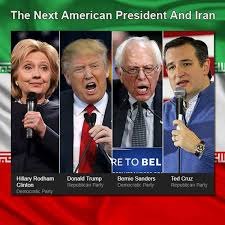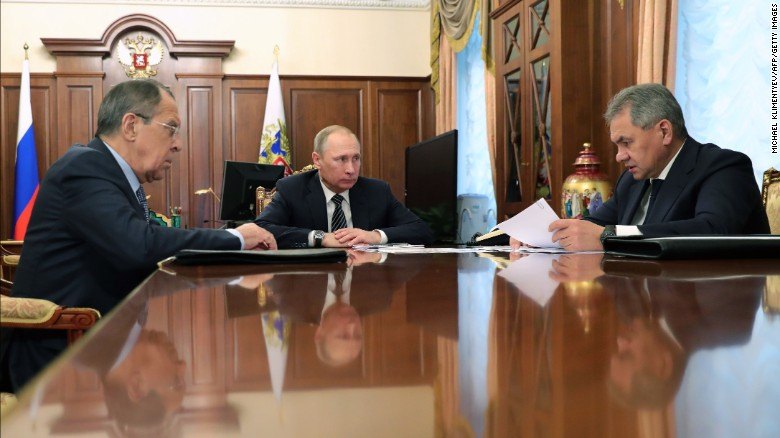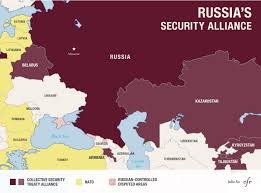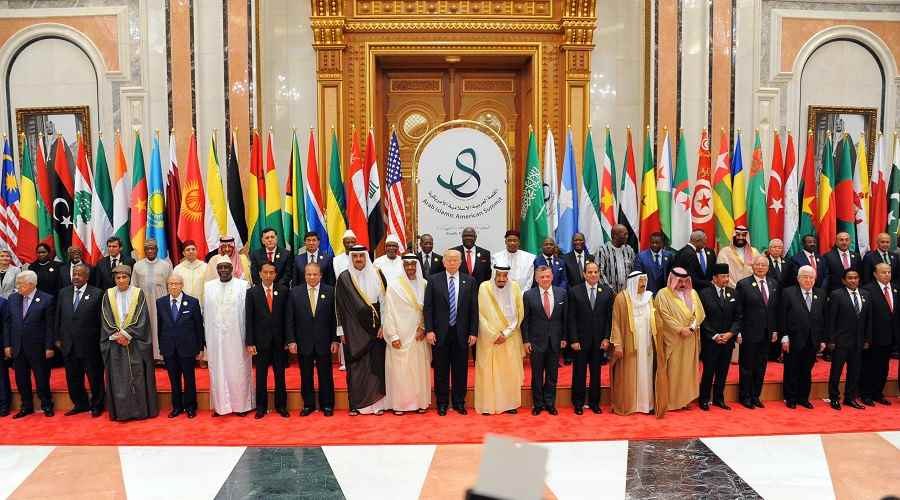The Matter of Survival; Iran’s Space and Missile Programs
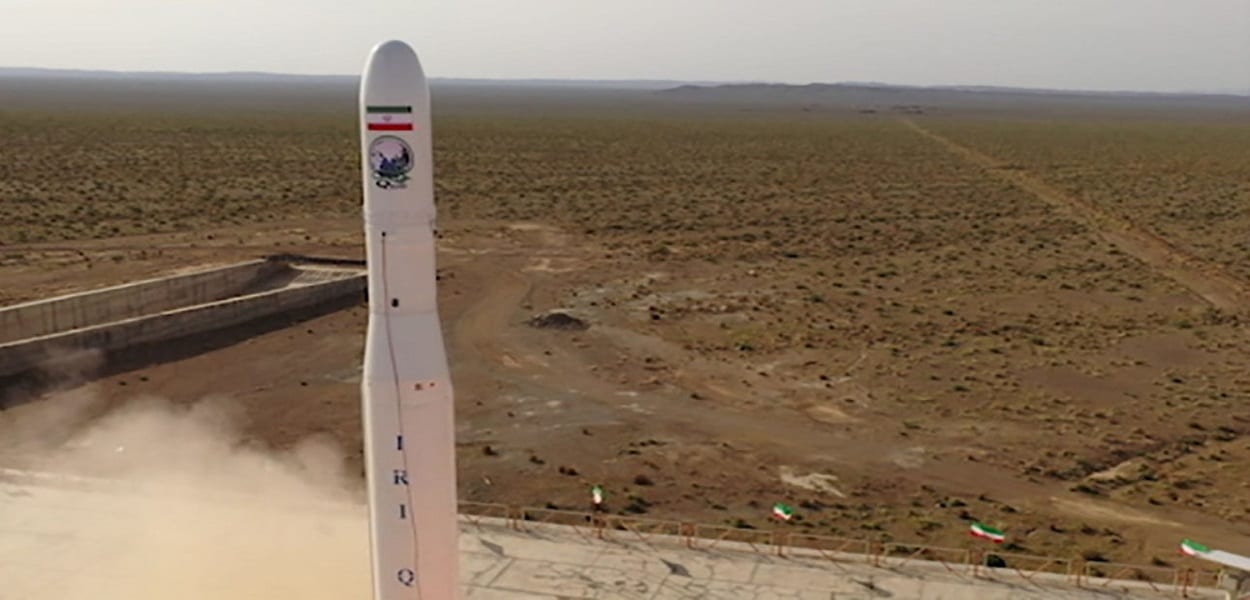
Islamic Revolution Guard Corps (IRGC) announced on April 22, 2020 that Iran’s first military satellite (named Noor-1) had been launched into space using a three-stage Qased launcher and had successfully reached an orbit of 425km (264 miles). As the Commanders of the IRGC said, The Satellite produce strategic value for Iran both in the field of IT and intelligence warfare; will boost Iran’s defense and deterrence; Injecting satellites into space is a success, but the aim of the project is to break down the many barriers to technology development in Iran; and was a part of a puzzle in which reconnaissance, communication and navigation operations are going to be done, and also this is the necessity of access to space.
The launch of an Iranian-made military satellite using an Iranian-made missile is a major change in Iran’s technological and military power. This is a prelude to improving the space capabilities of the Islamic Republic of Iran and of course, indicates that the Iran’s missile programs are on the path of progress. But how to analyze the Iran’s efforts to upgrade its missile and space programs? In other words, why does Iran need such programs? The classical answer is “the matter of survival”. The main goal of any state in international relations is to ensure its survival. As Kenneth Neal Waltz, a famous American political scientist, has emphasized in his influential book “Theory of International Politics”, Survival “is a prerequisite to achieving any goals that states may have… only if survival is assured can states safely seek such other goals as tranquility, profit, and power “[۱].
The United States has endangered the Islamic Republic of Iran’s survival for years especially with Trump’s “maximum pressure” strategy. Under the Joint Comprehensive Plan of Action (JCPOA) Iran has accepted extensive monitoring and wide restrictions on its nuclear activities in order to building confidence about its nuclear program. But Trump’s administration unilaterally abandoned the agreement which was ratified by Security Council Resolution 2231, and not only revived sanctions against Iran, but also imposed other tough sanctions on the country and pressured on other parties of the deal to abandon it. Although the Trump’s administration has always stated that the aim of its Iran’s strategy is to change the behavior of the Iranian government, what the administration wants Iran to do is equivalent to regime change. Even many Iranian elites and people believe that the ultimate goal of the maximum pressure is the collapsing or disintegration of Iran as a nation-state. In this situation, no one should expect that the Islamic Republic of Iran to sit carefree until death comes to her. Not only Iran, but every country does everything it can to survive.
Iran has many economic and other problems and in normal circumstances, launching a military satellite into space isn’t one of its top priorities. But the concern for survival forces it to pursue upgrading its weapons capabilities. Missile power is one of the two main components of Iran’s deterrence. Each country pays more attention to strengthening a part of its military power according to its doctrine and military strategy and Iran is no exception. The more the United States pressures and threatens Iran, the more Islamic Republic of Iran will be encouraged to promote its weapons and missile capabilities. We may also take into our consideration that the more United States tries to weaken Iran, the region will become more insecure and unstable.
If the United States seeks to reduce the Iranian threat for its security and interests, should stop threatening the survival of the Islamic Republic of Iran immediately. The main problem of Iran is the feeling of loneliness and being in danger it has inherited from the war with Iraq and the constant enmity and threats of the United States and its allies. Iran, as its leader and other officials have repeatedly said, has no desire for war and her efforts to improve its military might are to prevent the imposition of another war by the enemies. The United States should also refrain from trying to create confrontation between the countries of the region and doesn’t incite them against Iran. The U.S. should encourage them to cooperation and building a collective security system to manage challenges and disputes.
Iran and the United States have many common interests in the region, including peace and stability. Insecurity and turmoil in the region has always been costly for both Iran and the United States. Iran’s development depends on a secure and prosperous region. Experience shows that no country can succeed with having insecure neighbors. In a region full of chaos and insecurity, the Islamic Republic of Iran has to spend a large part of its capacity and revenues to ensure its security, whereas in a safe and stable region, these can be spent on economic development and welfare. However, security and military expenditures are not productive. If so, the Soviet Union should not have collapsed. Also, in a stable and secure region, the economies of the countries benefit greatly from each other, which Iran pursues too. For the United States, security and stability in the region can reduce the physical and human costs of military presence which has been trillions of dollars and thousands of killed and injured personal in the last two decades. By accepting broad restrictions on its nuclear activities within the framework of JCPOA, Iran has proven that is not looking for any kind of instability. Despite the gradual reduction of some restrictions after U.S. withdrawal, Iran also remains committed to the deal. The United States not only abandoned the deal unilaterally, but also keeps constantly threatening Iran. Therefore, Iran has no choice but self-help. As long as Iran’s survival is threatened by an outlaw superpower, the country has the right to resort to any means to ensure its existence. This is not only for Iran, but any country with threatening surrounding has no other choice.
Mehdi Shapouri
۱٫ Kenneth Neal Waltz (1979), Theory of International Politics, Addison-Wesley Publishing Company, pp. 92 & 106.

